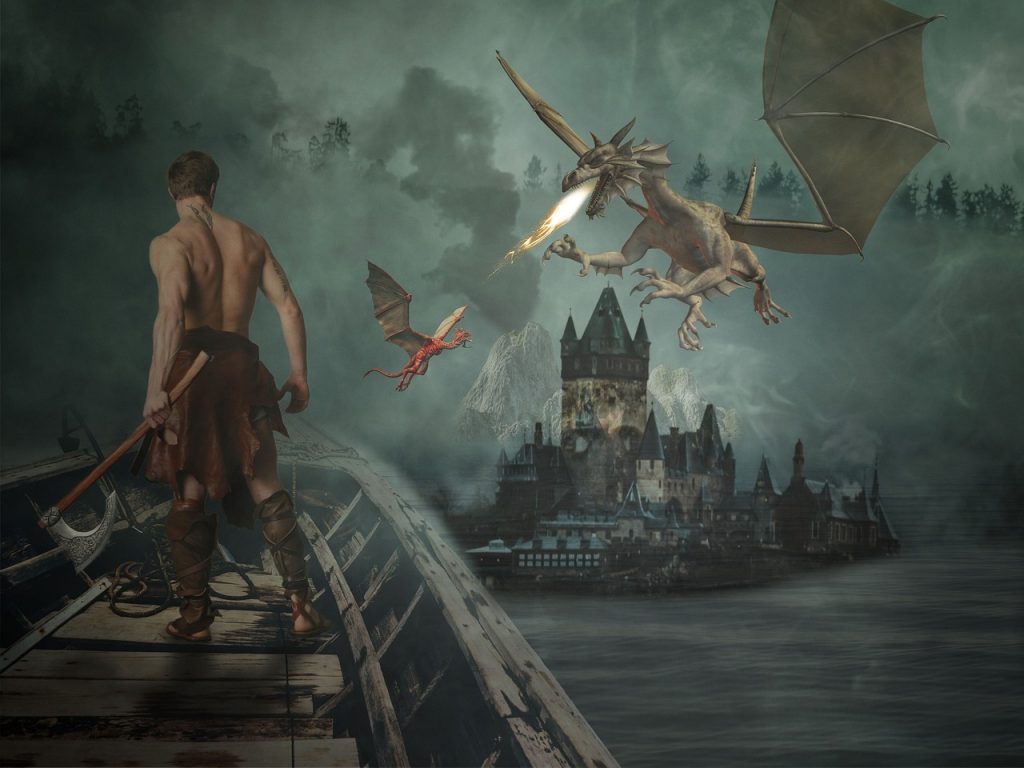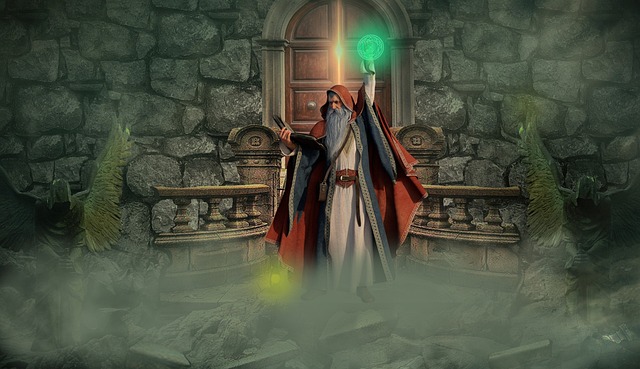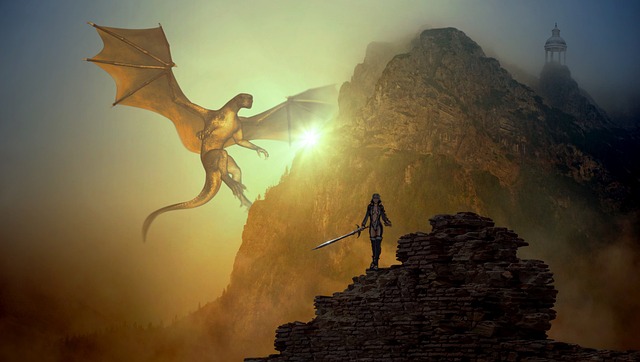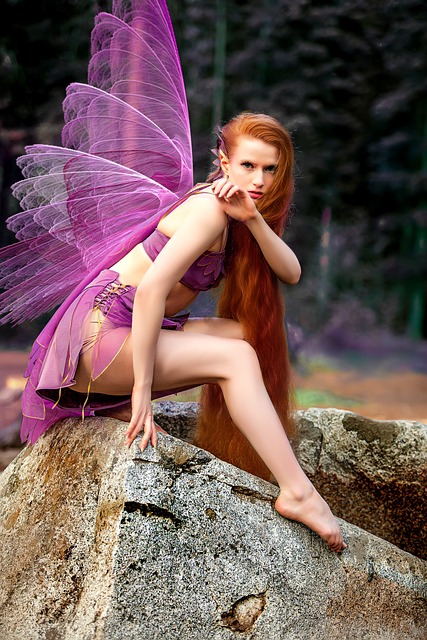
At the heart of fantasy writing lie the timeless tropes of dragons, wizards, and elves. These familiar archetypes have been woven into the very fabric of fantastical narratives, captivating both young and old alike. While seemingly simplistic, their allure lies in their ability to evoke a sense of wonder, mystery, and adventure within our souls.
Dragons, majestic and ferocious, symbolize power and untamed might. Wizards, wise and enigmatic, embody the very essence of magic itself. Elves, ethereal and graceful, bring an essence of delicate beauty to the world of fantasy. Through the presence of dragons, wizards, and elves, we are transported to realms where the extraordinary becomes commonplace and the impossible turns plausible. We witness battles against insurmountable odds, witness the triumph of good over evil, and uncover hidden truths about ourselves in the process.
The Allure of Dragons in Fantasy Writing
Dragons hold a special place among the classic tropes in fantasy writing, captivating readers and writers alike with their immense allure and timeless symbolism.
In the realm of fantasy writing, dragons are iconic and widely recognized creatures. They are often portrayed as massive, winged reptiles with powerful abilities.
The image of a dragon can evoke a sense of wonder and excitement, making them a central element in many fantasy stories.
The History of Dragons in Myth and Literature:
Dragons have a long history in human mythology and literature. They appear in various forms in cultures around the world, from European knights facing fire-breathing dragons to Chinese dragons symbolizing luck and power.
These mythical creatures have been featured in tales and legends for centuries, contributing to their enduring appeal in fantasy writing.
Dragons often symbolize power, both destructive and protective. They are formidable foes and guardians of hidden treasures, reflecting the dual nature of power.
The cultural significance of dragons varies. In some cultures, they represent chaos and destruction, while in others, they are revered as symbols of strength and wisdom.
The allure of dragons in fantasy writing is undeniable. These mythical creatures have a rich history in both mythology and literature, which contributes to their enduring appeal as classic tropes in fantasy writing. Dragons symbolize power, encompassing both the destructive and protective aspects, and their cultural significance varies, reflecting the diverse perspectives and interpretations of these iconic creatures.
Wizards: Guardians of Arcane Knowledge
Wizards, often featured as classic tropes in fantasy writing, are compelling characters who serve as custodians of arcane knowledge and play significant roles in many fantastical adventures.
Wizards are prominent figures in classic fantasy stories, known for their mastery of magic and mystical wisdom. They hold a special place in the genre as mentors, advisors, and sometimes, as powerful central characters.

These enigmatic figures guide heroes on their quests, offer magical assistance, and help shape the destinies of the worlds they inhabit.
Archetypal Wizard Characters and Their Characteristics:
Archetypal wizards often possess distinct characteristics. They are portrayed as elderly, bearded, and cloaked in robes. They might wield staffs and reside in mystical towers or hidden sanctuaries.
Their appearance and demeanor convey a sense of age, wisdom, and otherworldly knowledge, emphasizing their connection to the arcane.
How Wizards Serve as Mentors and Guides in the Hero’s Journey:
In the hero’s journey, a common narrative structure in fantasy, wizards frequently take on the role of mentors. They guide the protagonist, providing training, advice, and magical tools to aid them in their quest.
The relationship between the hero and the wizard is essential, as it allows the hero to grow and overcome challenges, leading to their transformation and success.
Wizards, as classic tropes in fantasy writing, hold the mantle of guardians of arcane knowledge. Their roles in classic fantasy storytelling include mentorship, guidance, and the sharing of magical wisdom.
These archetypal figures, often depicted with distinct characteristics, contribute to the enduring appeal of wizards in the genre and play a vital part in shaping the hero’s journey.

Elves: Enigmatic and Timeless Beings
Elves, a classic trope in fantasy writing, are enigmatic and timeless beings who have left an indelible mark on the genre with their mystique and enduring appeal. Elves are mythical creatures frequently featured in classic fantasy tales. They are known for their ethereal beauty, grace, and longevity, setting them apart from mortals.
Their presence in fantasy writing adds an element of wonder and enchantment to the stories they inhabit.
The Portrayal of Elves in Fantasy Literature and Their Characteristics
Elves are often depicted as beings of elegance and poise. They possess pointed ears, ageless beauty, and a deep connection with nature.
Their attributes may include exceptional archery skills, agility, and a profound understanding of magic.
The Cultural and Philosophical Themes Associated with Elves
Elves carry cultural and philosophical themes in fantasy writing. They often embody the idea of a harmonious coexistence with nature, as they are frequently depicted as guardians of ancient forests and natural realms.
Their timeless existence raises questions about mortality, the passage of time, and the consequences of living beyond the years of ordinary mortals.
Elves, as classic tropes in fantasy writing, bring an air of mystery and timelessness to the stories they inhabit. Their portrayal is characterized by elegance, beauty, and a deep connection with nature. They represent cultural and philosophical themes related to nature and immortality, adding depth and enchantment to the genre. The enduring allure of elves in fantasy writing continues to captivate readers and writers alike.
The Influence of Classic Tropes on Modern Fantasy
Classic tropes in fantasy writing, such as dragons, wizards, and elves, have left a lasting impact on modern fantasy literature. Their influence persists as they continue to shape the stories of contemporary authors.
The Enduring Appeal of Dragons, Wizards, and Elves
Dragons, wizards, and elves are not confined to the past. They remain relevant and beloved in modern fantasy, as readers and writers are drawn to their timeless charm.
These classic tropes evoke a sense of nostalgia and wonder, making them a bridge between the rich history of fantasy literature and the modern imagination.
How Modern Authors Incorporate and Subvert Classic Tropes
Contemporary authors often use these classic tropes as a foundation, but they infuse them with fresh interpretations and twists to create unique and engaging narratives.
Some authors pay homage to the classic elements, while others deconstruct or subvert them to challenge conventions and provide innovative storytelling.
The Role of Classic Tropes in Shaping the Evolving Landscape of Fantasy Writing
Classic tropes in fantasy writing continue to influence the genre’s evolution. They serve as building blocks for both traditional and progressive narratives.
As new voices and perspectives emerge in fantasy literature, the classic tropes remain a source of inspiration, allowing authors to explore their enduring significance in diverse and exciting ways.
Classic tropes, including dragons, wizards, and elves, have not lost their appeal in modern fantasy literature. They provide a bridge between the genre’s history and its contemporary evolution. Authors draw inspiration from these classics, whether by paying homage to them, reimagining them, or subverting their expectations, and continue to shape the evolving landscape of fantasy writing.
Challenges and Critiques of Classic Fantasy Tropes

While classic fantasy tropes like dragons, wizards, and elves have enduring popularity, they are not without their challenges and critiques in the world of modern fantasy writing.
Criticisms Surrounding the Use of Classic Tropes:
Some critics argue that relying on these classic tropes can lead to predictability in storytelling. Readers may anticipate certain outcomes, which can diminish the element of surprise.
The repetitive use of these tropes in various stories can create a sense of sameness, making it difficult for writers to stand out and for readers to find fresh narratives.
Stereotyping and Lack of Diversity:
Classic tropes, if not handled thoughtfully, can reinforce stereotypes and clichés. For example, the portrayal of certain races or cultures as inherently “elven” or “dwarven” can perpetuate harmful biases.
Critics argue that the overemphasis on traditional fantasy tropes can limit diversity and inclusion in the genre, both in terms of characters and authors.
Addressing Challenges and Critiques
In response to these critiques, many authors are taking steps to challenge and subvert classic tropes. They seek to breathe new life into these elements, providing readers with fresh and unexpected interpretations.
These efforts promote more diverse and inclusive storytelling, allowing for a wider range of characters and perspectives, while preserving the charm of classic fantasy elements.
Classic fantasy tropes, including dragons, wizards, and elves, face challenges and critiques in the modern fantasy writing landscape. Critics argue that they can lead to predictability and stereotype reinforcement, limiting diversity in the genre. Authors are responding by subverting these tropes and providing fresh interpretations, which contributes to more inclusive and diverse storytelling while preserving the charm of the classics in the world of fantasy literature.